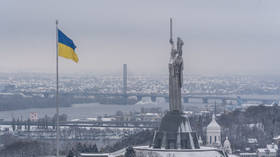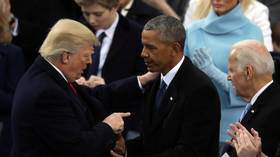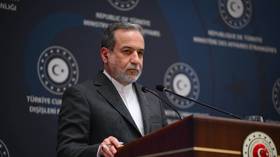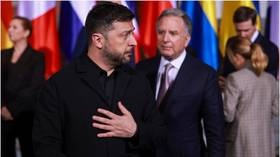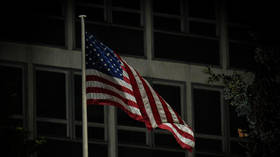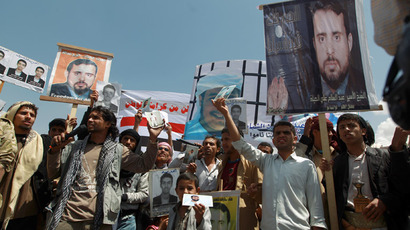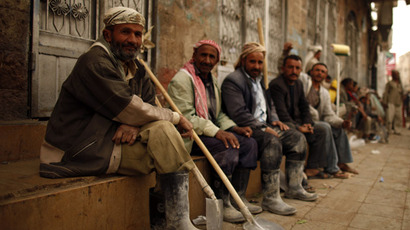Yemeni journalist imprisoned on pressure from White House freed
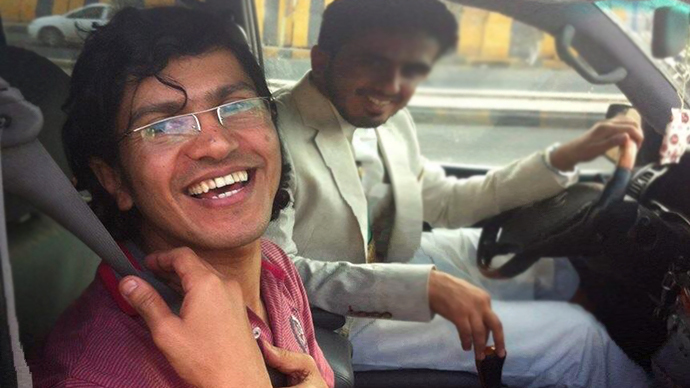
Abdulelah Haider Shaye, who exposed a US strike in Yemen that allegedly killed dozens of civilian women and children, is now reported freed by the country's authorities. He had been jailed after a personal phone call from Washington to Yemen's leadership.
Shaye is thought to have came to the attention of Washington when
he revealed that a US strike on the village of al-Majala in
December of 2009 had allegedly killed over 40 civilians,
including 14 women and 21 children, along with suspected
militants. That attack had previously been billed as a Yemeni
airstrike on an al-Qaeda training camp.
He had until then been known for his ability to cultivate
contacts with extremist groups like al-Qaeda in the Arabian
Peninsula (AQAP), skills that according to The Guardian led to
regular work reporting for Western media outlets such as ABC
News and The New York Times.
In February of 2011, per an official press release by the White
House, US President Barack Obama expressed concern over the
release from custody of Shaye to Yemen's then-president Ali
Abdullah Saleh during a phone call.
Shaye had in January of 2011 been sentenced to five years in
prison for his purported association with AQAP, with his ability
to foment access to Islamist operatives used as evidence of
terrorist ties. Following an outcry by human rights activists,
journalists and even Yemen’s tribal leaders, President Saleh
pardoned Saye after his sentencing, but revoked that pardon
following his conversation with Obama in February.
In May of this year Shaye penned a letter published by the Yemen
Times in which he blamed Obama directly for his continued
imprisonment. That was a claim previously made by Shaye, and
supported by various groups including Amnesty International and
the Committee to Protect Journalists, who were highly critical of
his sentencing for allegedly supporting the Yemen-based al-Qaeda
branch.
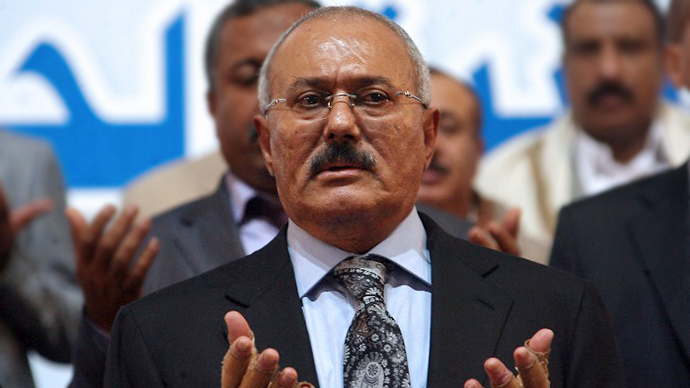
That narrative has also been supported by various influential
journalists, including Jeremy Scahill, the author of Dirty Wars: The World is a
Battlefield, which was recently made into a critically
acclaimed film, and Glenn Greenwald, who contends that Shaye was
punished for uncovering evidence of American Tomahawk missiles
and cluster bombs in a March piece published by Salon.
“As we now know, on December
17, 2009, President Obama ordered an air attack — using Tomahawk
cruise missiles and cluster bombs — on the village of al Majala
in Yemen’s southern Abyan province; the strike ended the lives of
14 women and 21 children. At the time, the Yemeni government
outright lied about the attack, falsely claiming that it was
Yemen’s air force which was responsible.”
"Despite that important
journalism — or, more accurately, because of it — Shaye is now in
prison, thanks largely to President Obama himself," wrote
Greenwald.
In June, Scahill went so far as to describe the jailing of Shaye
as a personal vendetta by Obama during an interview with Reason
TV. On Tuesday, Scahill, who appeared to be in direct contact
with Shaye’s attorney, said that his client had been released,
though barred from leaving the Yemeni capital of Sana’a for two
years “after which time his
case will be reviewed.”
According to the Council on Foreign Relations, US analysts
currently believe AQAP to be the most active and the most lethal
al-Qaeda affiliate, which would account for the use of US drone
strikes within Yemen that have surged within the last few years,
and been a magnet for criticism of the Obama administration’s
policy against terrorist networks and targeted drone killings.
The current president of Yemen, Abdu Rabbu Mansour Hadi, who was
elected in a one-candidate election in February of 2012 following
the ouster of Saleh during an uprising stated in May that Shaye
would be released “soon.”
Following Shaye’s imprisonment in 2010 the US resumed its drone
strike programme in Yemen during 2011 after a year-long break. In
2012 the number of US drone strikes in Yemen reached an all-time
high, surpassing the number carried out in Pakistan for the first
time.
According to Iona Craig, Yemen correspondent for The Times of
London, Shaye’s case has had a chilling effect on journalists in
that country.
“Yemeni journalists have
repeatedly expressed their lingering fear over America’s meddling
in Shaye’s case. Many became afraid to report on air strikes. One
Yemeni journalist, like Shaye a specialist on al-Qaeda, renamed
himself an ‘analyst of Islamic groups’ and refused to do TV
interviews especially with Al Jazeera after what happened to
Shaye,” wrote Craig in May.



